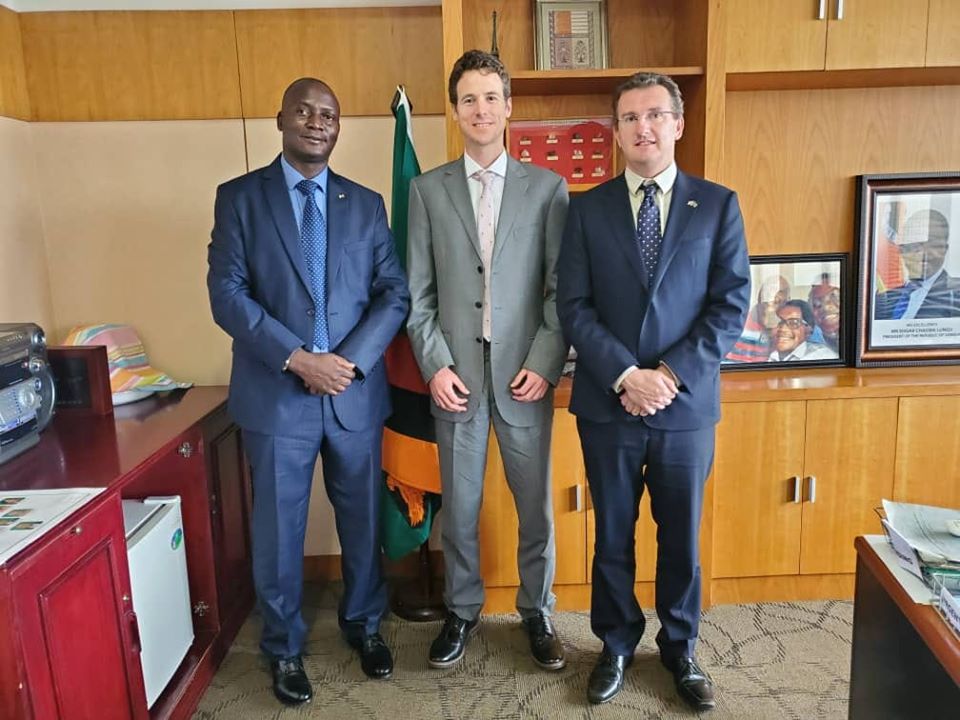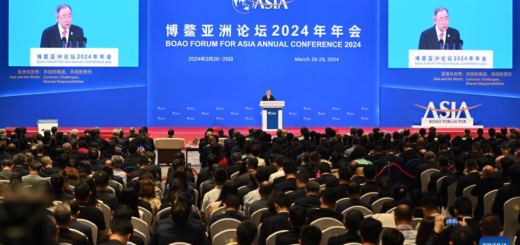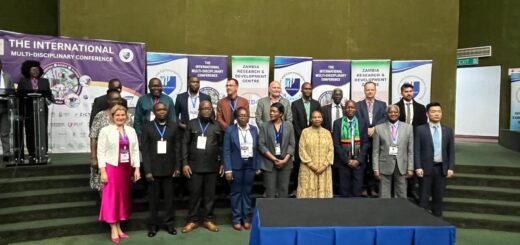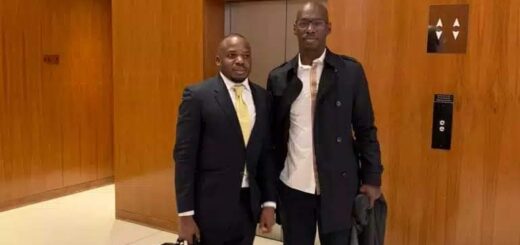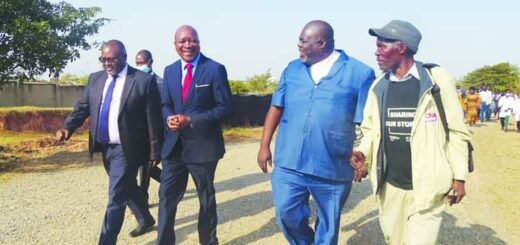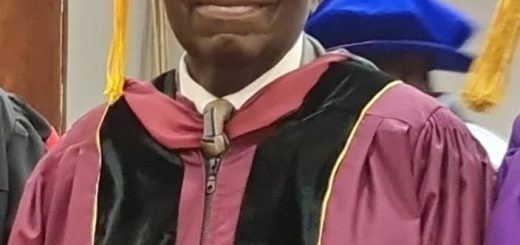Friday 14 February 2020 08:31-“Freedom on paper, not in reality!”, Zambian journalist and an IPI member, founder of the Free Press Initiative Zambia, Joan Chirwa
Notice: Undefined index: catFilterList in /home/zambi/public_html/wp-content/plugins/wp-likes/api.php on line 243
Freedom on paper, not in reality!
Zambian journalist and an IPI member, founder of the Free Press Initiative Zambia, Joan Chirwa wrote as part of the Article Collaboration between IPI and Evrensel Daily
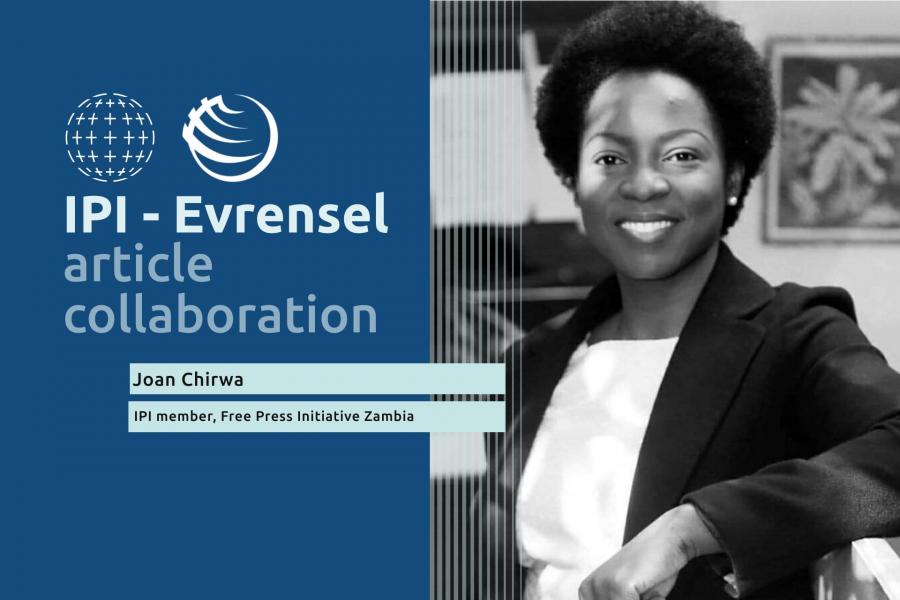
Joan Chirwa (Photograph: IPI)
Joan Chirwa*
Police callouts, closures of media institutions, threats, heavy political control of the news media and all other ills that make journalists resign themselves to unprofessional practices have become a common feature in the media industry in many African countries.
When and how did we get here? This is the question that many of us have been asking ourselves for a good number of our practicing years. The answers keep getting more complicated as the years go by. Like other countries in Africa, Zambia has a litany of laws, among them defamation, state security, contempt of court and sedition, that have been used to curtail or inhibit the freedom of journalists to practice without fear of prosecution or arrest.
Since gaining independence on October 24, 1964, Zambia has passed a number of laws affecting press freedom. The Defamation Act of 1964 restricts freedom of expression, among other things. And there is also the Penal Code, which criminalizes defamation of the President and of constitutional office holders.
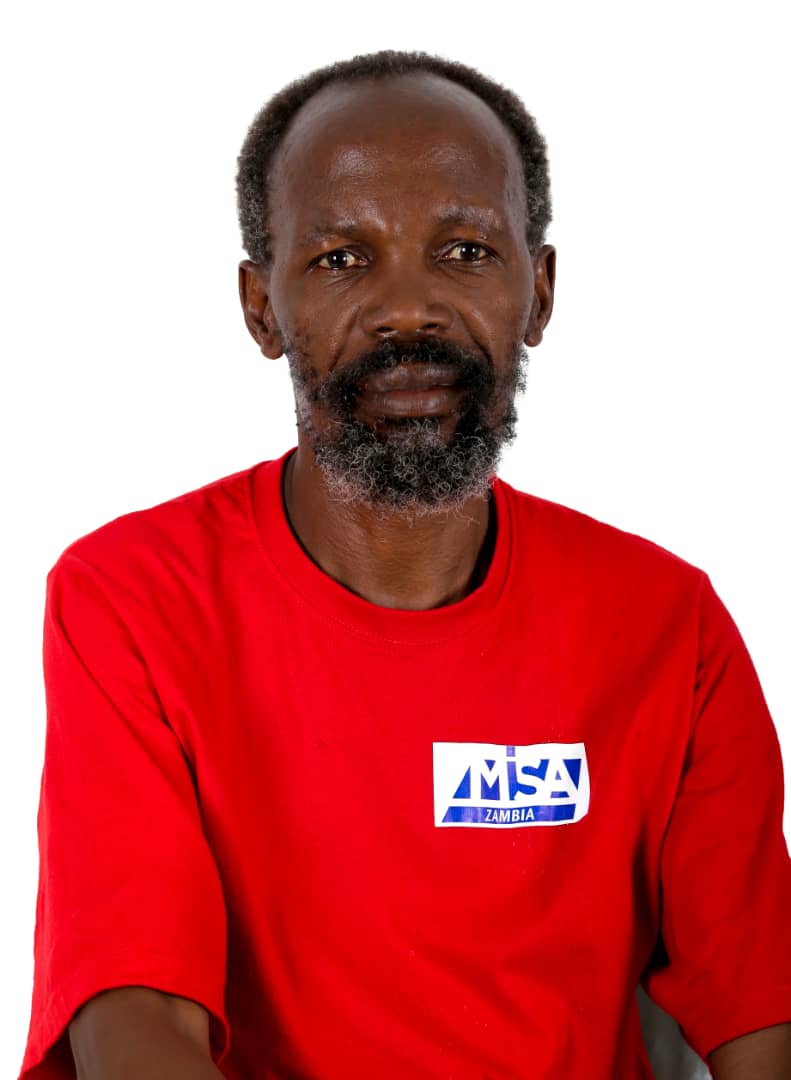
Rainbow Newspaper Editor-in-Chief Derrick Sinjela Thursday November 14 2019 Picture by Mercy Kampamba of Percy Photography New Kasama Road Chilenje Lusaka Zambia
Additionally, the State Security Act of 1969 limits free speech and media freedom, thereby restricting the possibility to criticize the government and its officials. Calls have been made to reform our laws, such as the ban on defaming the president, that have been used against journalists, including this author. Whenever concerns have been raised against these prohibitive laws and the negative effects they are having on freedom of the press, the authorities usually rebut these concerns by arguing that there are no journalists in jail on charges related to their work. But we believe that freedom of the press cannot, and should never, be measured simply by the number of journalists jailed.
In any case, some journalists have faced jail: Derrick Sinjela, a Zambian journalist, was recently released from prison after several months after the Supreme Court found him guilty of contempt of court for criticizing its judges and gave him a custodial sentence of 18 months. He was, until his release in early November 2019, the only journalist jailed in Zambia, serving a sentence slapped on him by the very judges he was criticizing.
Reklam

Cyberlink
But that there was only one journalist jailed in Zambia that time should not, however, be interpreted to mean 100 percent freedom of the press. Take the Independent Broadcasting Authority (IBA), which constantly monitors the work of radio and television journalists and never hesitates to close them down at the slightest of violations of the broadcast laws!
The use of criminal defamation laws against the press is still ongoing but the dangers from civil lawsuits with high costs and high risks are also rising, leading to a greater likelihood of bankruptcy of media outlets. Independence of the press is therefore weakened where the right of journalists to criticize public officials is threatened.
What is interesting to note is that freedoms of expression and of the press are constitutionally guaranteed in Zambia, but the continued existence of some of the laws highlighted above prohibit the enjoyment of these rights. Additionally, heavy political control of most media institutions has sent the majority of journalists into self-censorship. Sadly, this trend is widespread even among privately run, what one would previously call “independent media”, because even there, opposition political parties have totally taken control of the financial needs of some newspapers, radio and television stations. The end result: self-censorship takes over and press freedom completely ceases to exist!
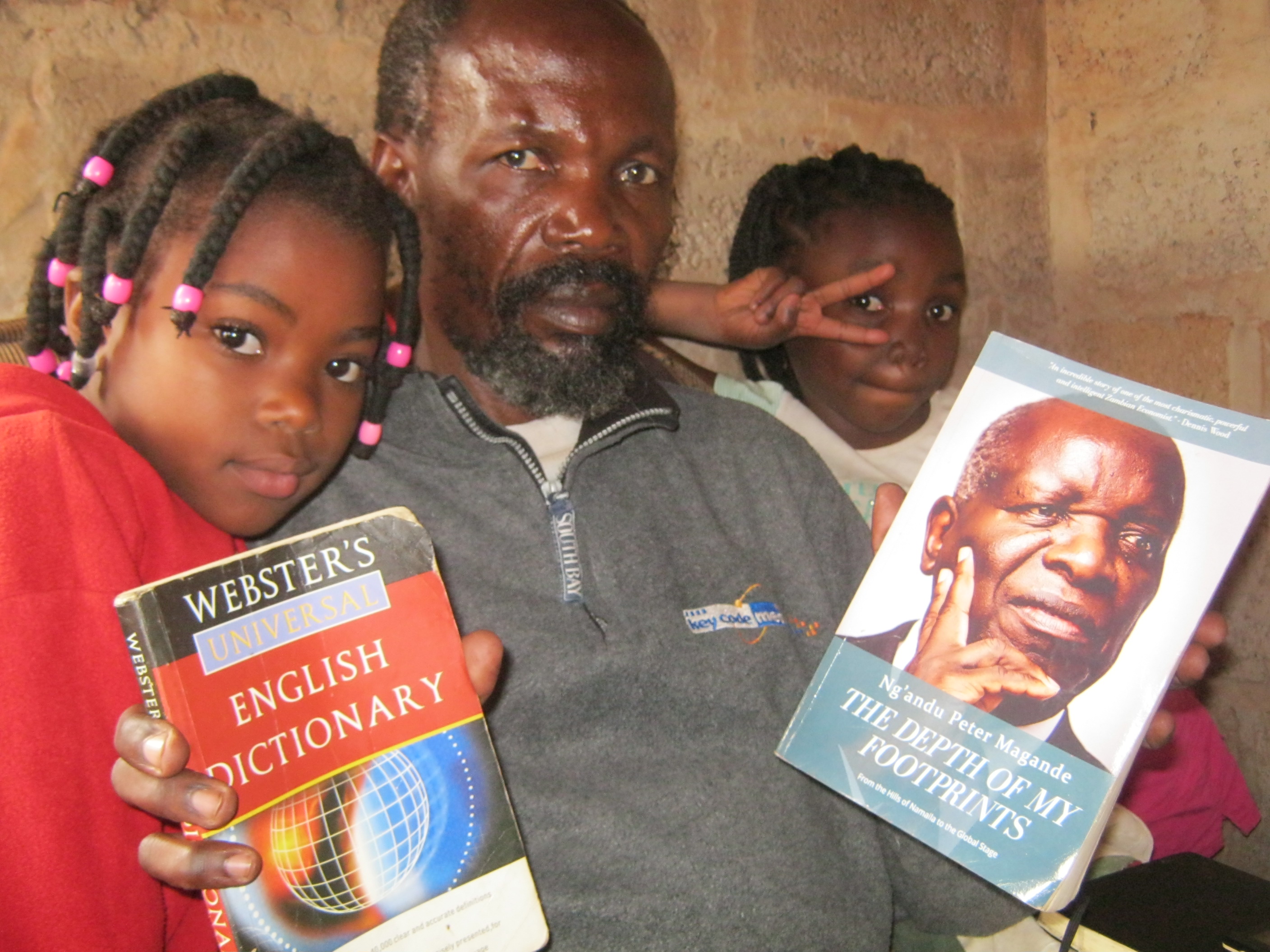
Derrick Sinjela with Ruth Machuku and Ireen Banda Mulenga at 641 New Chilenje Lusaka reading The Depth of My Footprints From the Hills of Namaila to the Global Stage – Picture by Kasebamashila Kaseba
Freedom House, a rights group which publishes annual country reports on press freedom status, ranked Zambia’s press as “Not Free” already in 2016. Freedom House has noted that media independence is the absence of external control and influence on an institution or individual working in the media. It is a measure of one’s capacity to make decisions and act according to its own logic, Freedom House states, and distinguishes independent media from state media. Zambia’s “Not Free” rating is a sign of the great challenges we face here.
* Zambian journalist and an IPI member, founder of the Free Press Initiative Zambia and student lawyer
Reklam




